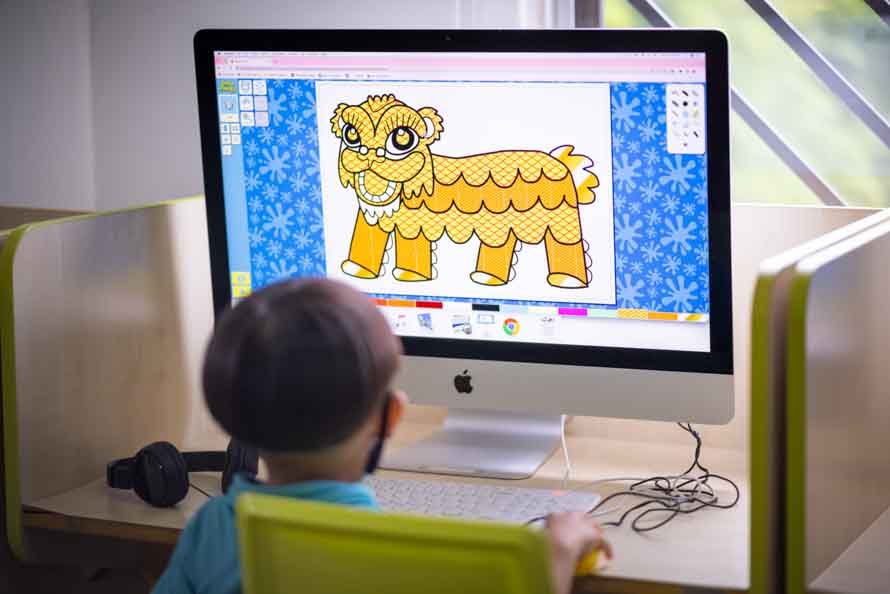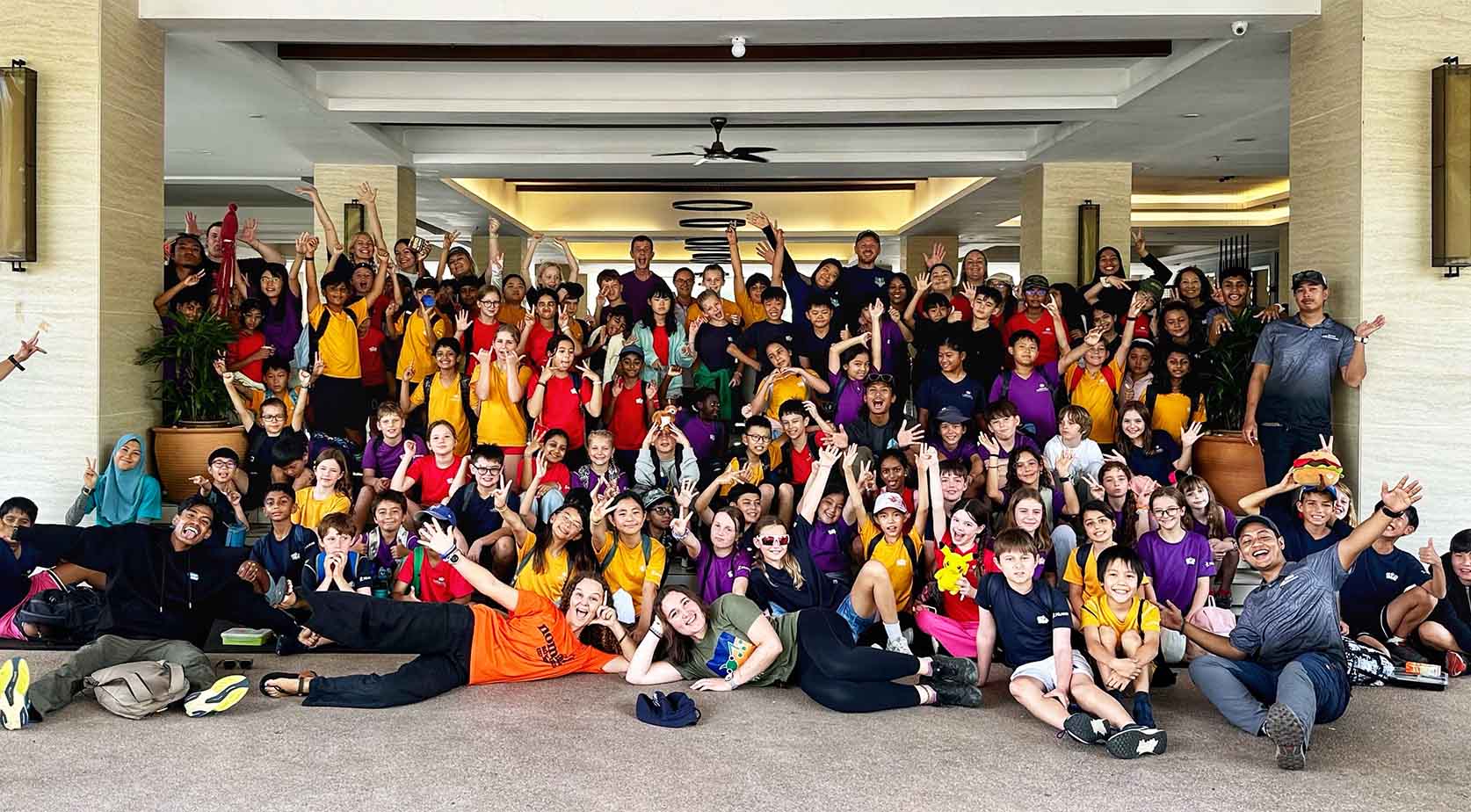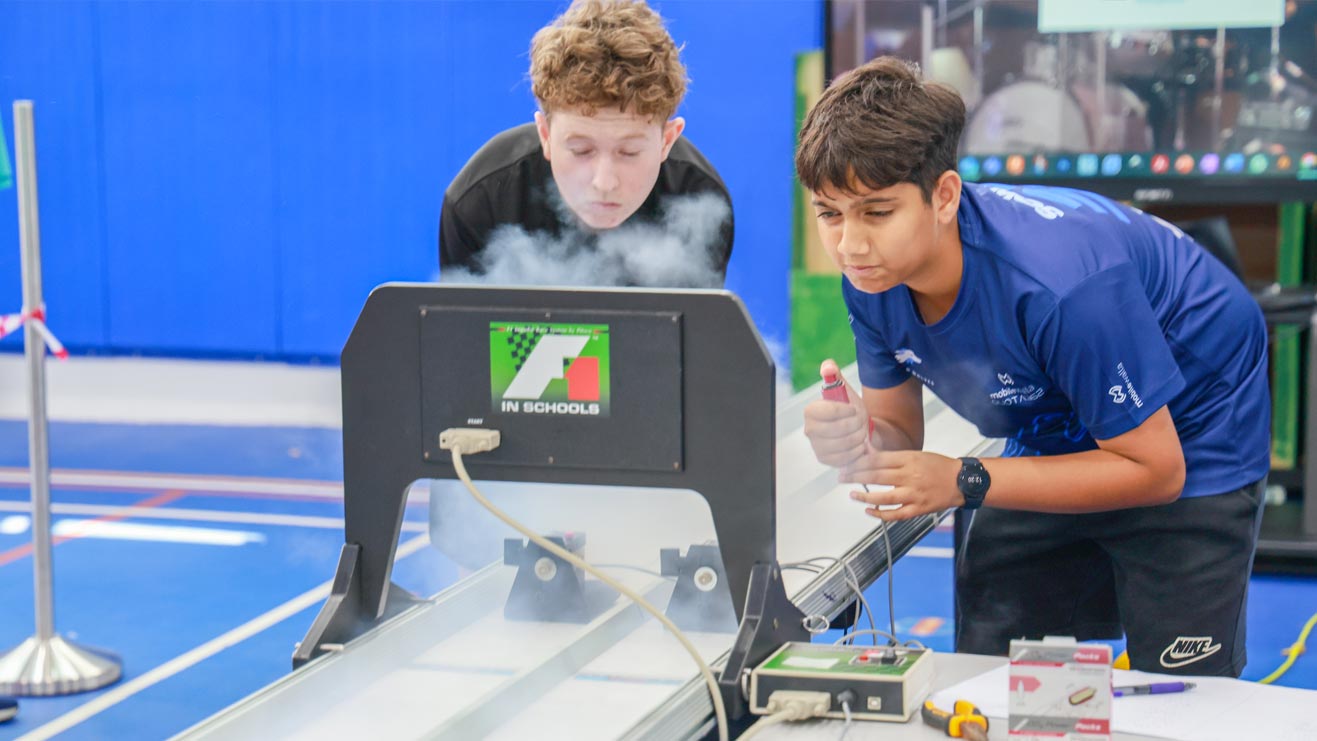One of the hot topics for discussion in education circles is the impact that Artificial Intelligence (AI) systems may have on the way we teach and the way children learn. Quite often such talk turns to concerns about the opportunities to cheat that some readily available AI systems now present. Such conversations are more interesting to some people in much the same way that gossip and speculation gravitate towards doom-mongering and disaster. I am more optimistic.
Education Technology in the form of personal computing devices has been changing education in schools since the 1980s. Yet we still debate the pros and cons of students using technology in school. This is almost certainly because of the astonishing pace of change in the technologies themselves, and the availability of technologies for individuals and schools. Technology-enabled ecosystems that once were the exclusive domain of research laboratories have fast become ubiquitous, pervading our daily lives. The recent hype around ChatGPT, for instance, has re-fuelled debate and raised deep concerns about the possible ramifications for education, where a free (for now) chatbot can write credible essays on demand.
If you haven’t come across ChatGPT, it is well-engineered chatbot that simulates human language in response to questions. Ask it to write a song about blancmange in the style of the Rolling Stones, for example, and it will oblige, quickly and convincingly. Get it to explain the Einstein-Rosen Bridge, also known as a space-time wormhole, and it will provide a detailed and mathematically accurate explanation. Clearly, a student could request a 1000 word essay on the role of irony in Shakespeare’s Macbeth and get a plausible response in seconds. So where does this fit with schools, and should we be worried?
First, there is nothing inherently wrong with chatbots, but they can be used to deceive. Will students get away with cheating more now than they have in the past? Personally, I am not concerned about our capacity to detect deception. We already have tools that we use to check for plagiarism. ChatGPT itself can actually check whether it generated a piece of work and will not lie. Do students look things up in Wikipedia and use it to help them write essays? Of course they do. Did I use Encyclopaedia Britannica when I was at school in the dark ages? Of course I did. A teacher who knows their students knows whether work is copied or generated by a chatbot (or an online essay writing service) as it will be out of line with how a student performs in the class setting.
Let’s focus instead on the positive sides of the emergence of such AI powered technologies. Our approach is to educate. Chatbots aren’t going away. There is an opportunity here to create great discussions on ethics and integrity. Some schools, of course, should redouble their efforts in this area and for others AI will be a wake-up call.
For us at Dover Court, responsible use of technology is one of the pillars of our IT strategy. I’d rather get to a position where we are more and more confident that our students use the technology honestly, responsibly and appropriately.
There is also an opportunity to explore the many excellent and positive uses for such technology.
Generating essays on a topic for students to critique, edit and refine is one simple use. Creating one side of a live debate on a topic for students to interact with and refine their debating skills is another. ChatGPT can be a useful research tool. I must confess that I asked ChatGTP to write this blog for me. The response was excellent, if a little soulless. I’ll leave it to you to speculate who wrote what you have just read: me, or ChatGTP?
Richard Dyer
Principal






